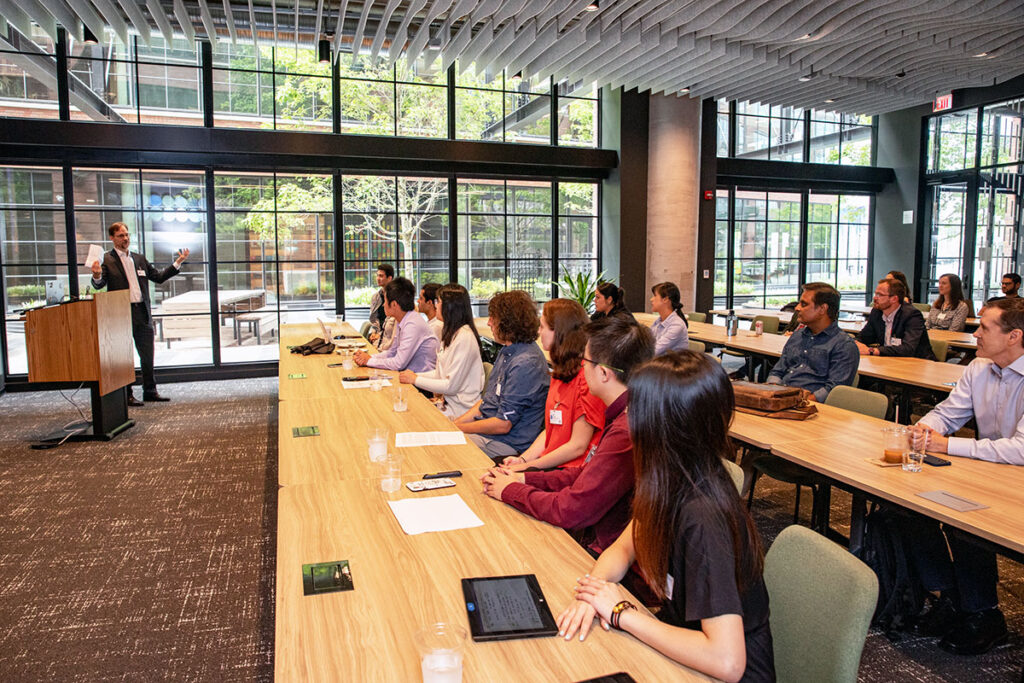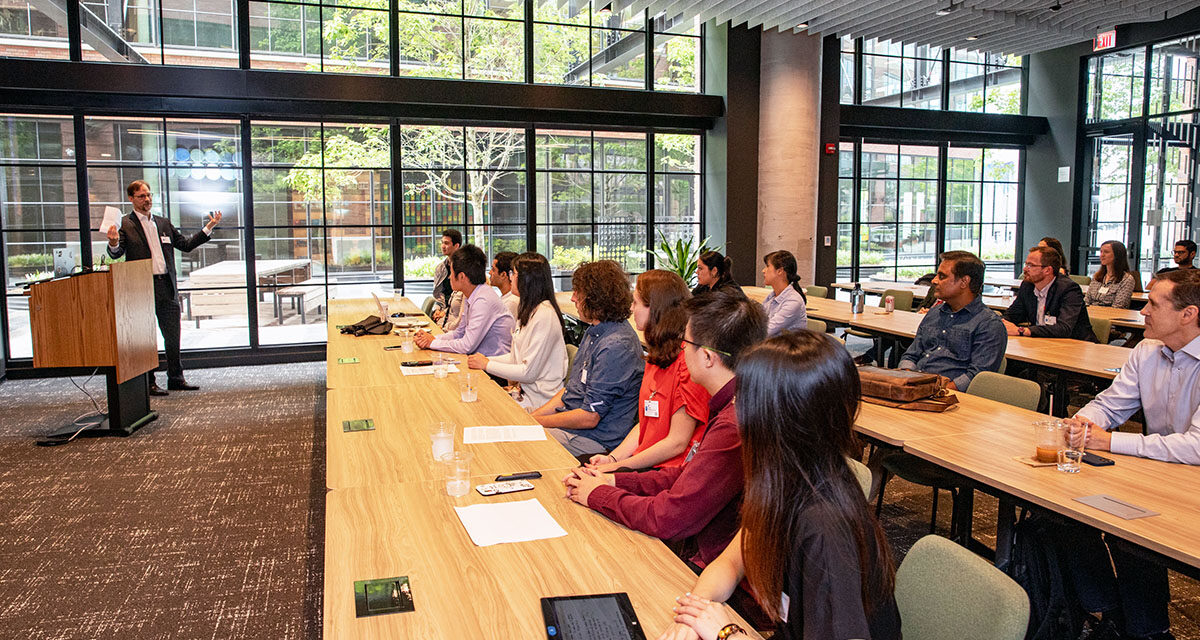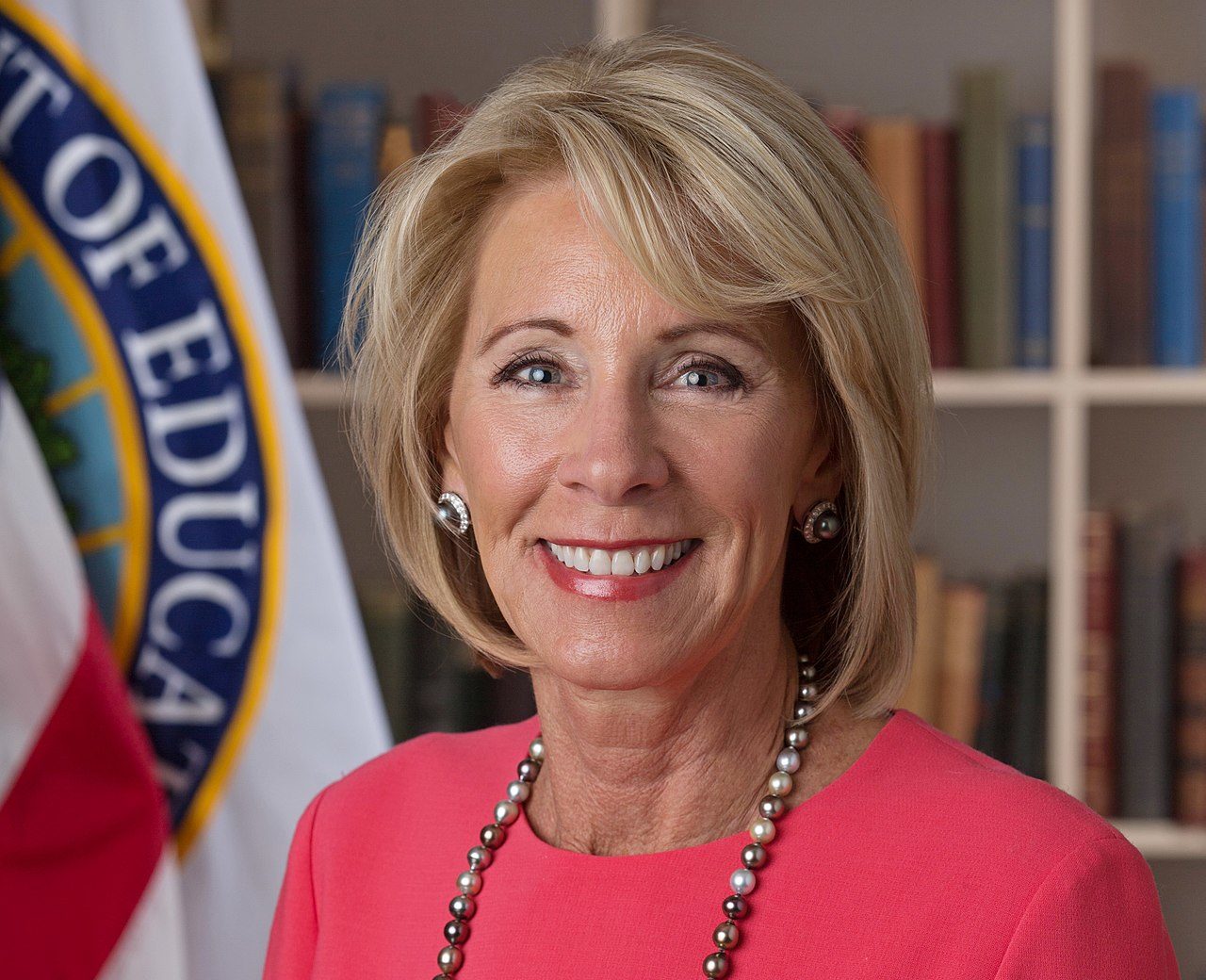With course registration underway, students can officially begin enrolling in classes for the new artificial intelligence (AI) minor, which Emory University announced earlier this month. The program will educate students on how AI is used in various disciplines and its intersections with societal and ethical issues. Students can declare an AI minor starting Aug. 1.
According to Samuel Candler Dobbs Professor of Computer Science Vaidy Sunderam, the AI minor will require seven classes, including Computer Science Fundamentals (CS 110), Introduction to Artificial Intelligence (CS 211), a computational linguistics class, a machine learning applications class and an AI ethics class. The remaining two courses can be drawn from a variety of disciplines, including a future sociology course that examines how AI impacts society or a future psychology course that covers how the brain works compared to how computers mimic how the brain works.
As one of the first curricular components of the AI.Humanity initiative — a plan aimed at bringing together the “full intellectual power of Emory University to shape the AI revolution” — the AI minor will embed AI-focused education into student learning, according to Rollins School of Public Health Professor of Biostatistics and Bioinformatics Lance Waller.
The University also announced earlier this month that the Center for Artificial Intelligence Learning (CAIL) is supposed to open next fall. Waller added that CAIL’s location is still under discussion, but he hopes that the center will be open for students at the start of fall semester.
According to Waller, CAIL will provide a non-curricular component to the AI.Humanity initiative. One opportunity will be workshops, which Waller said will provide short-term training and assist students in their transition to the formally structured AI minor curriculum. Waller added that CAIL also hopes to host undergraduate summer programs, but logistics such as food, housing and payment have not yet been decided.
Samuel Candler Dobbs Professor Clifford Carrubba, who serves as the quantitative theory and methods (QTM) department chair, noted that if students take a basic programming class in the spring, the summer workshops will give students a chance to refresh their skills before taking a more advanced course in the AI curriculum the next fall.
Waller added that CAIL will help develop student interest in the minor.
“It’s very much a partnership,” Waller said. “They’re not exactly two sides of the same coin, but they’re not two separate entities. So we all work together.”
As the AI minor develops, Waller hopes CAIL will connect with existing programs to gauge interest levels and how participants want to imbed AI into their work. These programs will include campus libraries and the Michael C. Carlos Museum, the Center for Ethics and different schools within Emory.
“That’s an example of how it’s supposed to layer onto and help enhance the ability for students to thrive in the curriculum,” Carrubba said. “But these things were meant to … be building in parallel and in a complementary way.”
According to Sunderam, who chairs the mathematics and computer science department, AI is becoming more important in almost every domain of life, including both academics and everyday use. He said that college students should also understand the underlying technology and issues that arise with AI.
“AI ethics is very important because AI can do wrong things,” Sunderam said. “Bias and fairness, and so on, has to be understood well in order to combat AI from making incorrect decisions and incorrect recommendations.”
Emory Data Science Club President Simran Mallik (23C) said Emory is trying to bridge the gap between statistics and technology and non-STEM fields, such as the humanities. She added that Emory’s quantitative sciences program is strong in terms of teaching foundational concepts in data science and statistics, but she has heard that many students want more technical courses that allow them to get experience in Python, SQL or other computer algorithms.
“It’s gonna be a really good thing, just because I know CS is different, is not necessarily the same, as AI,” Mallik said. “You can be a software engineer and you could work in the AI space or data science space, but … this minor that’s specifically targeted for students looking to get into AI and data science will definitely help supplement the statistical knowledge that they’re gaining.”

Samuel Candler Dobbs Professor and chair in the Department of Quantitative Theory and Methods Cliff Carrubba speaks to a class during the summer 2022 experiential learning DataThink project. Courtesy of Emory University
CAIL’s purpose
According to Carrubba, CAIL is meant to be a resource that will help catalyze and enhance the University’s ability to provide the highest quality of education, exposure and community building around AI.
“If a student, say, is working in biology, or in art history, or in English, and they’re wondering, ‘How does this pertain to me?’ then CAIL would be the place where we’d work with the libraries and with faculty in any of the departments to say, ‘We might have enough student interests, we might want a workshop on natural language processing or comparative literature,’” Waller said.
In the workshops, Waller said that he wants to explain concepts to an interdisciplinary collection of students, faculty and staff interested in assorted topics, such as ChatGPT in public health prevention.
CAIL will aim to educate students in four ways, Carrubba said. First, CAIL will provide an AI help desk, which will offer a space for students to resolve AI issues and successfully engage with AI material.
Second, the center’s workshops and short courses that cover a variety of topics, including AI literacy data comprehension, will help students develop technical skills.
“First, you need the mathematical foundational skills that allow you to then learn the statistical and programming skills,” Carrubba said. “You need those to be able to understand how it’s implemented in machine learning and AI techniques, and so the idea is to facilitate students moving along that path as effectively as possible.”
The third pillar centers around patient learning. After acquiring skills and grasping what AI is and how to use it, there is the reality of going out into the real world and having a chance to practice AI and do projects. For example, Carrubba said that a team in the QTM department helped the Atlanta Fire Rescue Department generate a model that anticipates where fires may break out in the city to better allocate resources.
“There’s a transition from the book learning and I understand the tools, to how does it really work in practice and how do I partner with a nonprofit or a government agency or a corporation or whomever in using these skills to answer questions and solve problems,” Carrubba said.
CAIL’s fourth component is the community pillar, which aims to bring together students and faculty from Rollins, Emory School of Medicine, Goizueta Business School, Emory School of Law, Emory College of Arts and Sciences and Oxford College, Carrubba said. He hopes students will create social connections that foster intellectual conversations related to technological advancements and ethics questions.
“This is meant to be something that is available to students and will have touch points for students, whatever their disciplinary interests and whatever their level of technical interest or sophistication,” Carrubba said.
AI’s significance
According to Winship Distinguished Research Professor of English and QTM Lauren Klein, AI has the potential to both understand culture and be integrated into research with learning and the liberal arts.
“We need students learning about AI in each of these contexts, as well as bringing together all of their different disciplinary expertise and their training in order to understand the impacts of AI,” Klein said.
Klein uses machine learning and neural networks to detect patterns in large data sets in her research. The same technologies used to analyze medical data, such as radiology scans, can be applied to cultural data, allowing people to research the different dimensions of society and history, Klein added.
“Culture both produces data, and culture in many cases is data,” Klein said. “So our texts could become data, the selfies that we take can become data. More broadly, things that people write, photos and artworks, once these things have been digitized, they can be analyzed.”
One of Klein’s former projects analyzed newspapers written in the 19th century that documented the abolitionist movement and slavery in the United States. She researched newspapers to see if she could find patterns in language used to describe the abolitionist movement.
“Can we recognize patterns or some sort of pattern in language that’s increasing relative to all the other words that are being used at that time?” Klein said. “The same kind of technology can help you pull out these patterns or these signals historically.”
Several other peer institutions have pioneered AI programs that offer both major and minor options, such as the University of Southern California, Stanford University (Calif.) and Duke University (N.C.).
As one of the first schools to start a formal AI program, especially as a non-technical subject, Sunderam said that it is an “exciting time in our lives,” especially with Emory’s leadership in the AI field.
“To all the students who might be interested, they might be thinking, ‘Oh, this was a STEM discipline,’ — no, it’s not,” Sunderam said. “It is based in some computational foundations, but it’s really intended for any kind of student in any discipline, humanities, social sciences, business, law, pre-med.”
Ashley Zhu (she/her) (25C) is from Dallas, Texas, majoring in biology and minoring in sociology. She is the vice president of recruitment for the Residence Hall Association, a sophomore advisor for Raoul Hall and a staff writer for the Emory Undergraduate Medical Review. She is involved in cell biology research at the Pallas Lab and is a BIOL 141 Learning Assistant. Zhu enjoys FaceTiming her dog, stalking people's Spotify playlists and listening to classical music in her free time.







